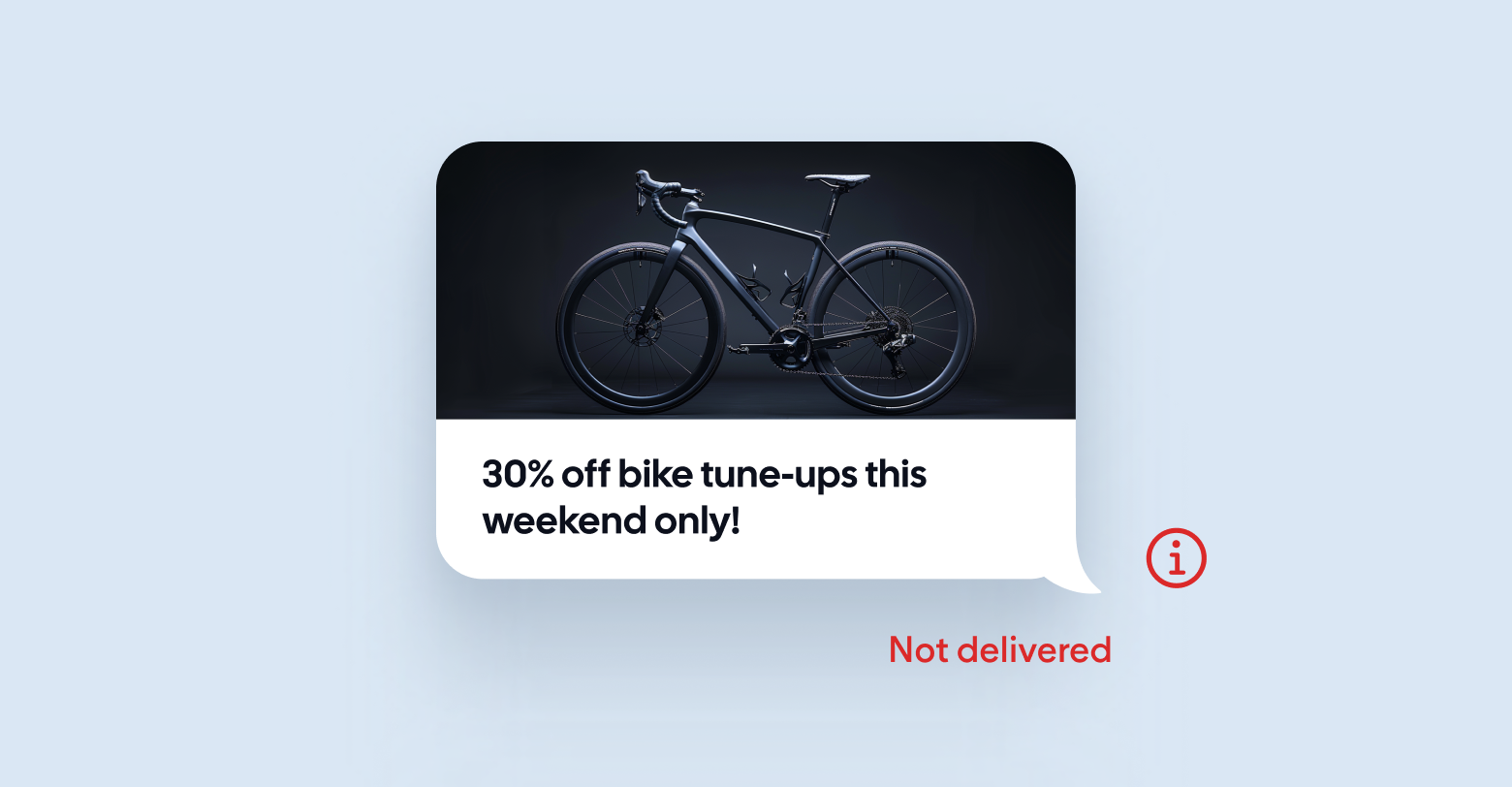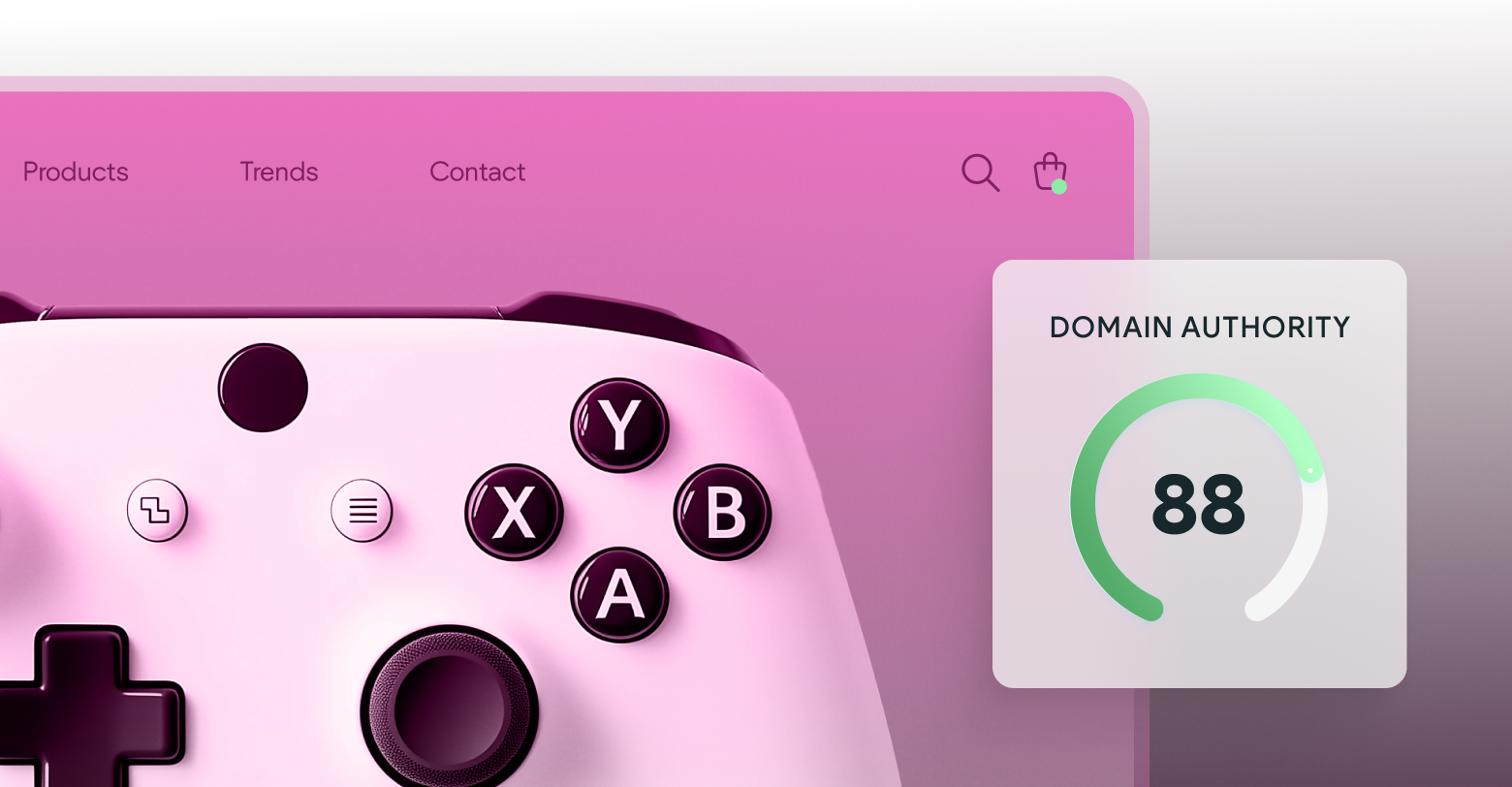Americans received
225 billion “robotexts” in 2022, a 307% increase from 2020. With so many texts going out, it shouldn’t come as a surprise that not all of them are well received. Between 2022 and 2023, the number of “spam” texts delivered to cellular users in the United States
increased by 18%.
Spam like this erodes public trust and threatens the legitimacy of the medium. Take phone calls for example. While the number of spam calls has actually declined by 21% between 2022 and 2023, the damage is already done. Only
19% of Americans are likely to answer a call from an unknown number.
This is the incentive for industry regulation by The Campaign Register (TCR), a governing body that works with North American mobile operators and prominent messaging companies to enforce uniform industry standards.
TCR works with carriers and messaging companies to, in their own words, “facilitate the registration of Non Consumer business text messaging Campaigns.”
The idea is simple: any business looking to send marketing communications via an application (A2P, or application-to-person) using a 10 Digit Long Code (10DLC), the standard US phone number format, has to register with the TCR. Registration increases transparency and, ideally, reduces the risk of spam.
What does US A2P 10DLC campaign verification entail?
The primary way TCR’s compliance rules combat spam is by ensuring that everybody sending marketing communications via A2P 10DLC is who they say they are. They do that by
manually verifying that:
- The sender’s legal business name and EIN match
- The sender has a verifiable online presence
- Any contact forms include specific opt-in language
- Certain organizations and use cases include a compliant privacy policy
Registration is crucial. Carriers have
enacted harsh penalties for vendors sending unregistered messages. T-Mobile, Sprint, and AT&T are charging higher carrier fees per SMS, while Verizon and U.S. Cellular are throttling, and even entirely blocking, non-compliant numbers.
Major players have responded to protect themselves, and their customers, from these penalties. As of September 2023,
Twilio no longer delivers messages from accounts not associated with an approved A2P 10DLC campaign. Other vendors like
Bandwidth and
Telnyx, are beginning to follow suit as well. These two companies will begin blocking unregistered traffic December 1st, 2024.
Why December 1st? Cost.
T-Mobile has been raising their carrier fees, beginning June 1st, bimonthly through December 1st, topping out at an astronomical $0.012 per SMS. Other carriers are ramping up their enforcement this year too.
Grasshopper, for example, is encouraging their customers to complete their TCR registration by September 1st to avoid increased deliverability issues.
When it comes time to register, though, small and medium sized businesses (SMBs) looking to send marketing communications via A2P 10DLC may be in for a surprise.
29% of SMBs do not have a website, and it’s difficult to say how many of those websites are actually compliant.
Compliant websites are functional, secure, and clearly represent the business applying for verification. A non-compliant website would be one without an SSL certificate, without consistent business branding, or with malware, for example.
While a social media business profile may, in some situations, count as an online presence for TCR’s manual verification process, it is not recommended. These social media profiles need to be active and engaging, and need to somehow include opt-in and privacy policy language.
This creates a serious problem for businesses providing A2P 10DLC services to SMBs, referred to as campaign service providers by the TCR. Namely, how can they help their current and potential customers be compliant?
Campaign service providers can offer compliance at scale
Online presence requirements may sound like a serious obstacle for campaign service providers looking to onboard new SMB customers, but it doesn’t have to be. In fact, it can be an opportunity.
Let’s face it, SMB owners are starving for time. If they weren’t, they’d likely already have a website! While a campaign service provider could potentially advise them on how to make a website, that’s unlikely to prove an effective approach. Instead, campaign service providers should make the websites for them.
A campaign service provider applying for verification on behalf of an SMB customer likely already has quite a few details about that SMB’s business including the name, address, and phone number, all ready in a database. If they have additional information, that may be enough content to generate and populate a website.
Duda provides a robust
REST API that makes it easy to programmatically generate a simple, one to two page website with content injected throughout.
However, if the campaign service provider is lacking on customer details, they may need the SMB to step in and help. That’s where the
Simple Editor comes in.
SMBs can respond to just five prompts related to their business to generate a beautiful, fully functional, and 10DLC compliant website with the help of AI. Relevant content is populated, and adjustments are super simple to make if the SMB choses to do so.








